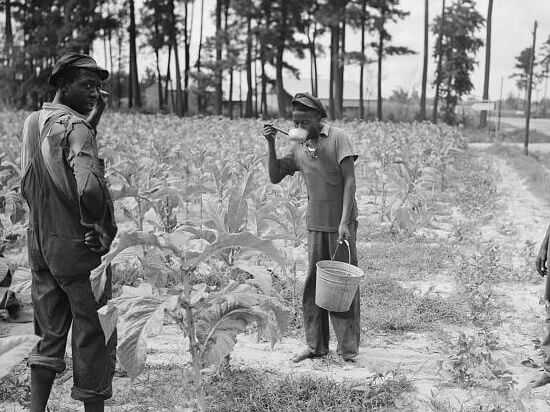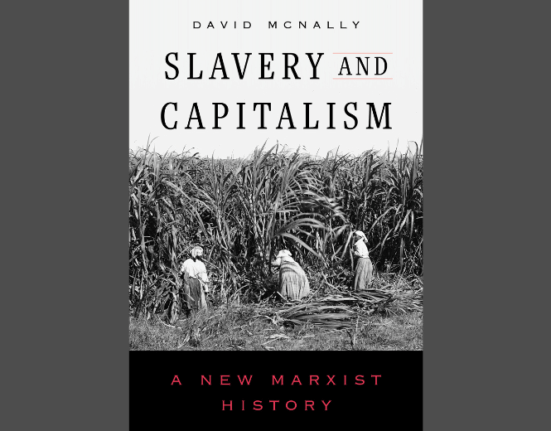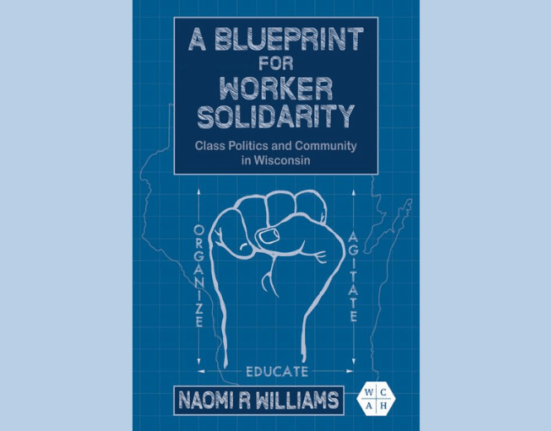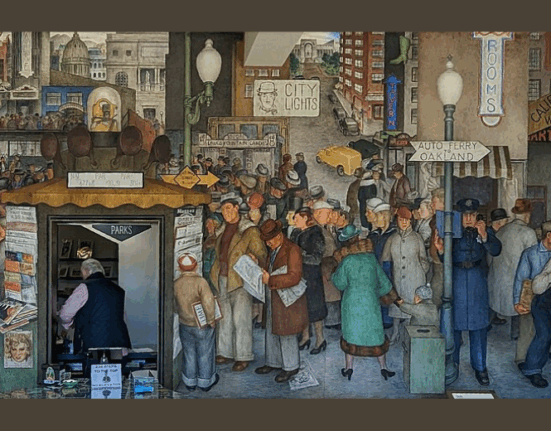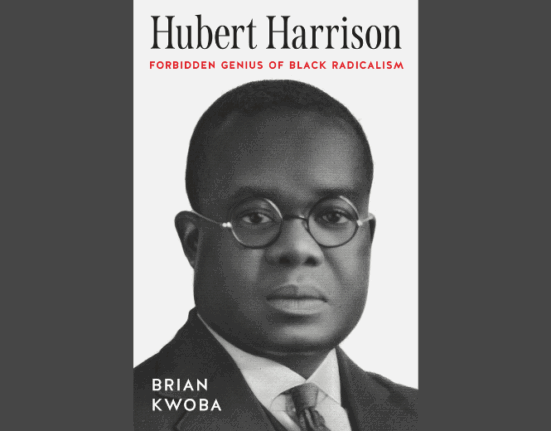Since the mid-1970s only a handful of books on southern labor history have been published. As Alan Draper wrote nearly twenty years ago, “Southern labor history is in ferment.” With Reviving Southern Labor History: Race, Class, and Power, we will provide evidence that the field is alive and well. This book will be the first volume in the Southern Industrialization Project book series from the University Press of Florida.
By showcasing a new generation of scholars, our collection of essays will demonstrate new methodologies and perspectives, and seeks to link the past history of southern labor with the present day issues of the American working class. Studying both the contentions and connections between the races (white, black, and later, Hispanic), the articles included in this volume will highlight the deep inequities resulting from slavery. Labor history is particularly relevant for the South, a region consistently ranked the poorest in the nation. The Deep South – an area that had the highest rates of slavery – is rated poorer still, indicating that the legacies of slavery are still salient.

We want to make a much more interdisciplinary volume, drawing primarily on history but incorporating theories from economics, political science, sociology, and law. We hope that by introducing new topics and methodologies that we can take more intellectual liberties and promote a more activist framework. With each essay, we hope that the past is directly relatable to issues plaguing the South – and indeed, America – today. We envision shorter essays (likely about 20 pages including short footnotes) authored by about fifteen scholars. We want this to be a book of new ideas, theories, and approaches. It should provide insight into your work but we really want the “bigger picture” issues to stand out above the minutia of localized research.
In many ways, the problems that have beset southern labor for the past century and a half—unfree labor, low wages, lack of collective bargaining rights, and virulent and sometimes violent repression of those who have tried to organize unions—have become the problems of workers across the United States, as the regional convergence of labor markets has pulled wages and conditions for workers across the nation closer to those of southern workers rather than the reverse. By addressing the troubled state of labor and the deep inequalities inherent today, we will use this volume to demonstrate how the South’s long history of worker exploitation and labor practices have become standard fare throughout America.
We will likely divide the book into sections based upon time periods, with a few essays focusing on the (1) antebellum/Civil War Era, (2) Gilded Age to Progressive era, and (3) the “Modern” US (about 1930-present). We are essentially beginning the book by examining slavery and various other forms of unfree labor; and then we will show the brief successes of labor reformers, activists, and unions; and finally, we will reexamine how modern day slavery (primarily in China and India, but also with immigrant workers in the US) and technology affects the current southern working class.
Finally, we anticipate following a strict timeline to assure that the volume is published sooner rather than later. We plan to stick closely to the deadlines listed below. If you foresee any potential problems with getting your essays in on time, please do not commit to the project. We anticipate having the manuscript turned into the Press by the beginning of 2017, and certainly don’t want to waste anyone’s time.

Estimated Timeline
Proposals due to us (4/15/16)
Pick and notify contributors (5/15/16)
Papers due/contributor info (8/15/16)
Thank you all so much for your time and consideration for this volume. Matthew Hild (Georgia Tech) & Keri Leigh Merritt (Independent Scholar)
If you are interested in contributing, please send a short C.V. and chapter proposal (500 words or less) to Keri Leigh Merritt by Friday, April 15, 2016:
kerileighm@gmail.com

